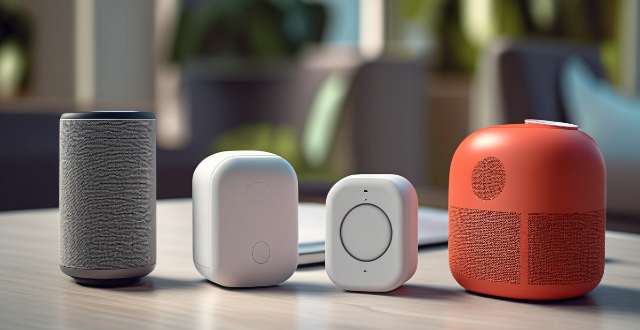Smart home gadgets can learn user preferences and adapt accordingly through machine learning algorithms. Examples include personalized lighting, energy efficiency, security, entertainment, and voice assistants. These devices make our lives more convenient, comfortable, and efficient.

Can Smart Home Gadgets Learn User Preferences and Adapt Accordingly?
Yes, smart home gadgets can learn user preferences and adapt accordingly. This is achieved through machine learning algorithms that analyze data collected from the user's interactions with the device. Here are some examples of how smart home gadgets can learn and adapt to user preferences:
Personalized Lighting
Smart light bulbs can learn your preferred lighting settings based on your usage patterns. For example, if you typically turn on the lights in the morning and adjust them to a certain brightness level, the smart bulb will remember this preference and automatically adjust to that level when you turn it on in the future.
Energy Efficiency
Smart thermostats can learn your preferred temperature settings and create a schedule that maximizes energy efficiency while still maintaining your desired comfort level. They can also detect when you leave home and adjust the temperature accordingly to save energy.
Security
Smart security cameras can use facial recognition technology to distinguish between family members and strangers. This allows them to send alerts only when an unrecognized person enters the home, reducing false alarms and improving overall security.
Entertainment
Smart TVs and streaming devices can recommend shows and movies based on your viewing history and preferences. They can also learn which channels or apps you frequently use and make them easily accessible on the main menu.
Voice Assistants
Smart voice assistants like Amazon Alexa, Google Assistant, and Apple Siri can learn your preferred music genres, podcasts, and news sources based on your requests. They can also provide personalized recommendations for nearby restaurants, events, and other local attractions based on your location and search history.
In conclusion, smart home gadgets have the ability to learn user preferences and adapt accordingly, making our lives more convenient, comfortable, and efficient. As technology continues to advance, we can expect even more personalized experiences from our smart home devices in the future.